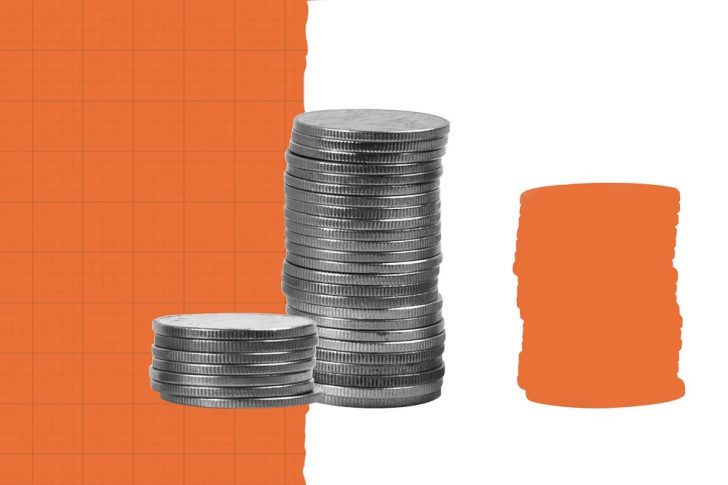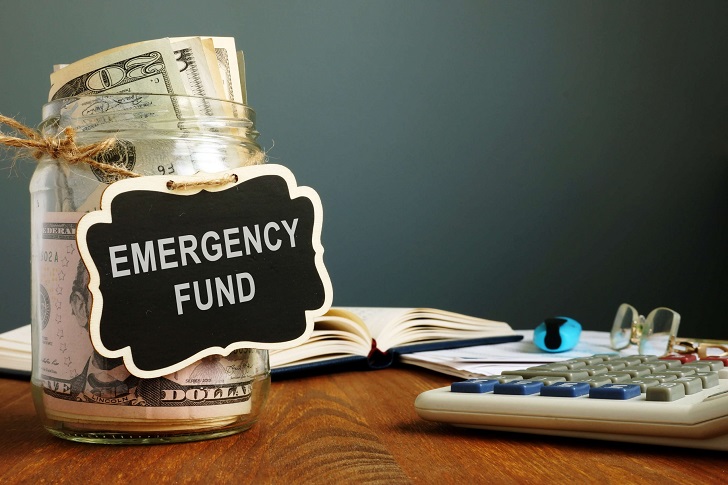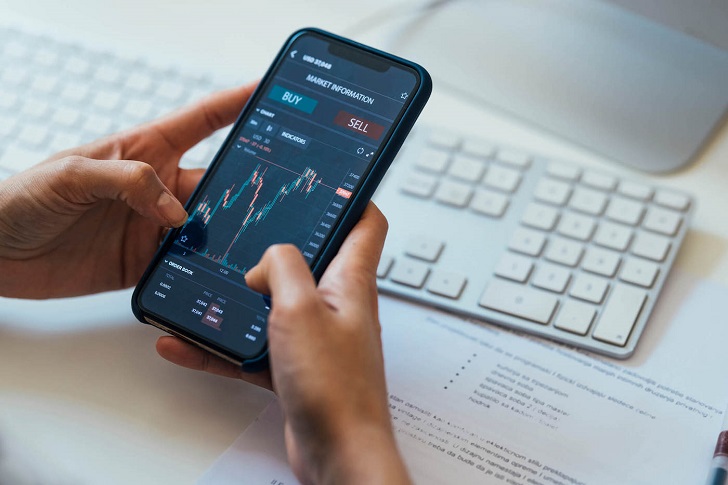As tax season approaches, you're likely considering how best to use your hard-earned refund. While it may be tempting to spend the money on luxurious items or something special that’s been sitting in your online shopping cart for a while now, investing in your tax refund is one of the smartest moves you can make.
Investing with a windfall of cash may seem intimidating at first. However, by making smart decisions and understanding where and how to invest wisely, you could potentially turn it into life-long financial security.
Create an Emergency Fund
Life is full of surprises, and not all are pleasant. Unexpected expenses or hardships can arise at any time and without warning. That's why having an emergency fund is important to fall back on during tough times. An emergency fund is money saved up for unexpected expenses or emergencies, like car repairs, medical bills, or a job loss.
These expenses can wreak havoc on your finances and life without an emergency fund. By creating an emergency fund, you can sleep easier knowing you have a safety net to help you stay afloat during difficult times. It may take some planning and discipline, but the peace of mind that comes with having an emergency fund is well worth the effort.
Put Money Into a Retirement Savings Account
Planning for retirement can seem daunting, but it is essential to have a solid financial plan in place. A great way to start saving for your future is by putting money into a retirement savings account, such as a Roth IRA or 401(k).
These accounts offer several advantages, including tax benefits, various investment options, and, often, contributions matched by your employer. By starting to contribute early and consistently, you can build a substantial nest egg to ensure a comfortable retirement, even if you cannot rely on Social Security or other sources of income.

THE BALANCE/ ALICE MORGAN | Investing your tax refund is a great way to turn it into a lot more money over time
Invest in Stocks and Bonds
Investing your money can be an exciting venture, but it can also be daunting. It's essential to balance your investment portfolio by diversifying it with different types of assets, such as stocks and bonds. Stocks represent ownership in a company, while bonds represent a loan made to a company or the government.
By investing in both, you can hedge against risks and gain exposure to different markets, increasing your chances of stable, long-term growth. However, before investing in stocks and bonds, you must research and understand the risk associated with each investment.
Pay Off High-Interest Debt
Paying off high-interest debt such as credit card balances can be daunting, but it is an essential step towards financial freedom. The weight of debt can feel overwhelming, causing stress that can impact everyday life. However, taking control of your financial situation can lead to a brighter future.
With each payment, you'll be one step closer to being debt-free and able to put your hard-earned money towards things that truly matter to you. It may take time and sacrifices, but being debt-free will be worth it.
Buy a Certificate of Deposit
If you're looking for a short-term savings option, a certificate of deposit (CD) could be just what you need. Unlike regular savings accounts, CDs offer fixed interest rates for a specific period, usually from a few months to a few years. This means you can know exactly how much interest you'll earn on your investment before making it. CDs are FDIC-insured, meaning your money is protected up to $250,000.
While you won't be able to access your funds until the CD matures, this can work in your favor by helping you resist the temptation to dip into your savings. So a CD might be the perfect solution if you're looking for a safe, predictable, and low-maintenance way to save money.



